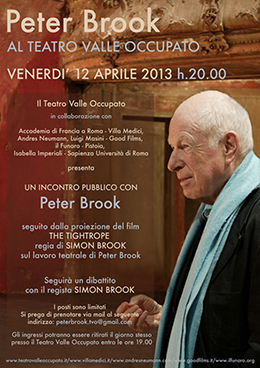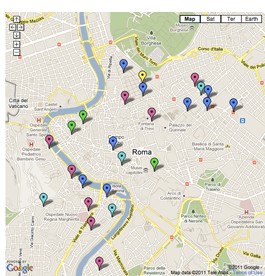The grammar of announcing news
Here is my second lesson on the Present Perfect.
The important thing to learn here is the difference between announcing news and telling the story of that news. The first has a present consequence and so needs the Present Perfect and the second is a narrative requiring the Past Simple.
One fascinating aspect of this grammar is what we mean by ‘recent’. It isn’t measured by distance into the past, instead, here, a verb is recent if it still affects the present, if you can construct a present tense phrase describing the consequence of that verb. This contrasts with a narrative, which is—in some way—self-contained.
The ideas about time encapsulated in our grammar were forged a long time ago—long before our notion of time became dictated by the clock. I like to think that the concept of ‘recent’ embodied in the Present Perfect for the recent past is something that has come down to us from the ancients, that ‘recent’ means an action that still affects the present.
Present Perfect for experience
Narrative Tenses
Present Perfect for the period to the present
Present Perfect (all in one)
Present Perfect Continuous
Introduction to the Present Perfect


